Art World
6 Takeaways From the Art Newspaper’s Museum Attendance Report
Here's what you need to know.
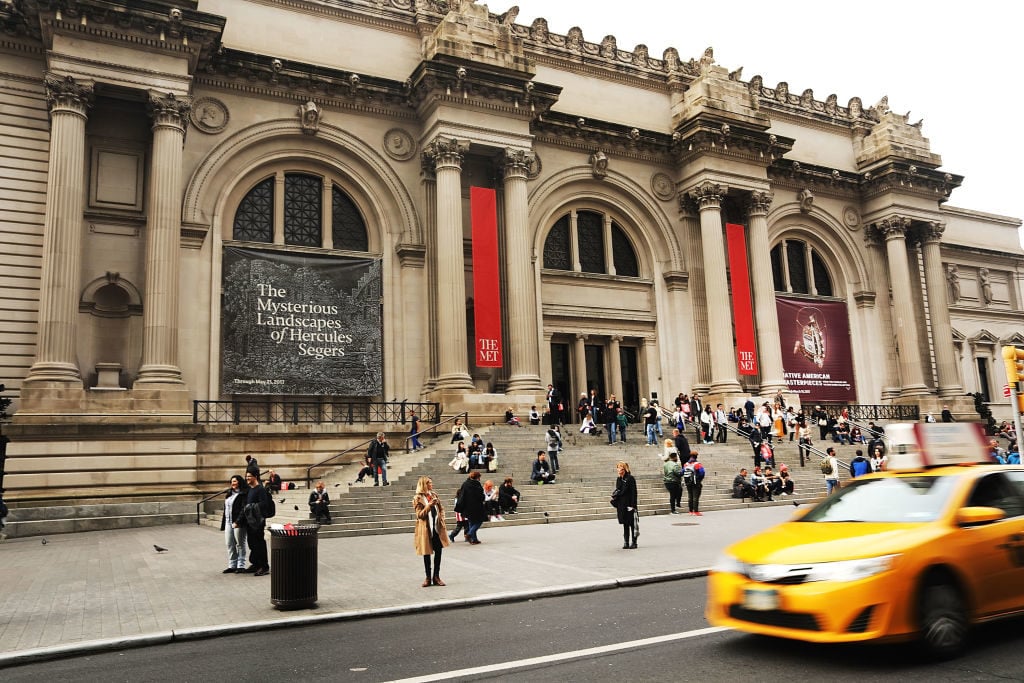
Here's what you need to know.

Henri Neuendorf

Cultural institutions are facing a host of challenges according to a 2016 attendance survey from the Art Newspaper. Falling tourism against the backdrop of international terrorism, increased competition from the private sector, and rising overheads, are all issues that museums must contend with.
Terrorism knocks museum attendance in Europe
Terror attacks weighed on tourism and had a knock-on effect on museum visitors to European institutions. French institutions in particular, were negatively affected. Although the Louvre still topped TAN‘s survey with 7.4 million visitors in 2016, it was nonetheless a drop of 1.2 million people compared to the 8.6 million visitors recorded in 2015. The Musée d’Orsay also saw visitor numbers fall, to 3 million attendees in 2016, a sizable deficit compared to the 3.4 million visitors it recorded in 2015. However, at the Centre Pompidou, which is less reliant on visitors from overseas, numbers were up by 275,000 to 3.3 million.
In Belgium, terror attacks in Brussels last March also affected attendance at the Musées Royaux des Beaux-Arts de Belgique which encompasses several venues throughout the Belgian capital. Numbers dropped by a third, falling from 776,000 in 2015 to 497,000 in 2016.
In Spain however—which has not suffered a terrorist attack—museum attendance surged. Visitor numbers to Madrid’s Reina Sofía went up by 400,000 in 2016 (3.6 million) compared to 2015. Across town, the Prado broke the 3 million visitor barrier for the first time since 2012.
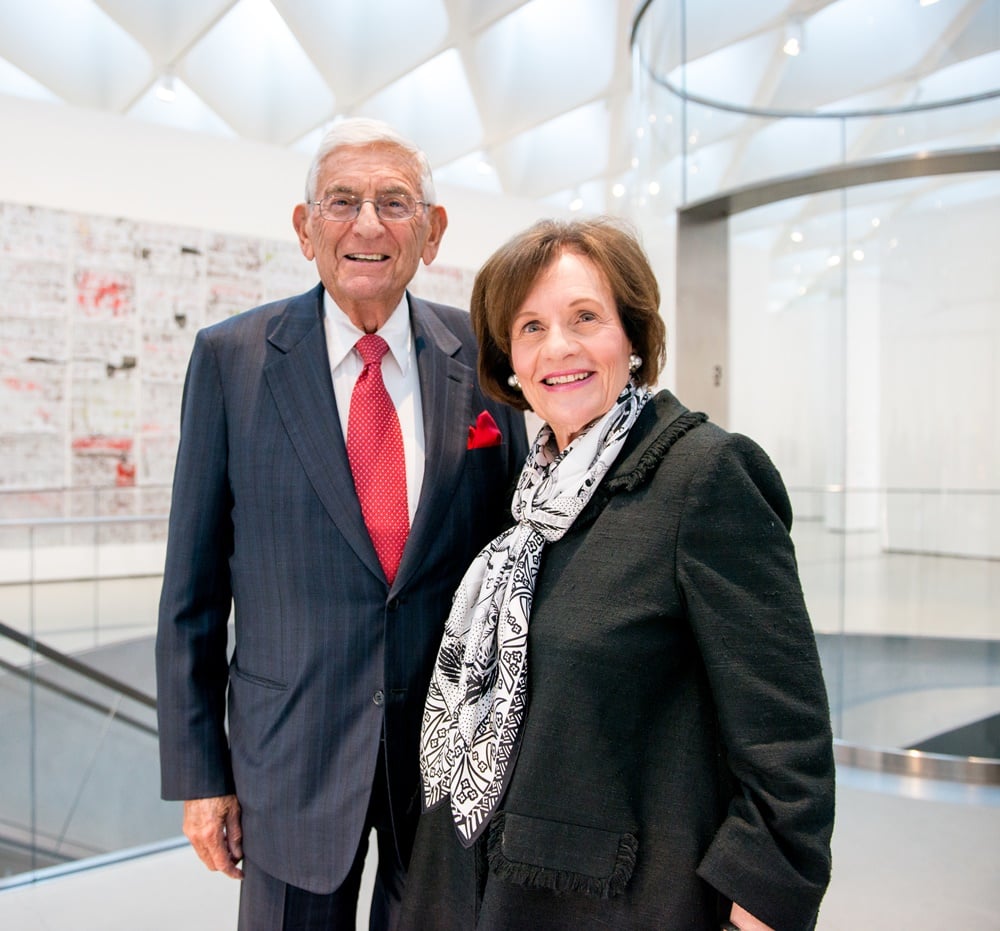
Eli and Edythe Broad. Photo: Ben Gibbs for the Eli and Edythe Broad Foundation.
Private museums are on the rise
Publicly accessible collections funded by private collectors and benefactors are becoming a force to be reckoned with. The current crop of private mega-collectors have resources and budgets at their disposal that most institutions can only dream of, which is reflected in the growing visitor numbers of these privately-owned museums. Mexican telecommunications billionaire Carlos Slim’s Museo Soumaya in Mexico City topped the world’s private museums, attracting 2.2 million visitors. Bernard Arnault’s Louis Vuitton Foundation in Paris attracted 1.2 million visitors, while Eli and Edythe Broad’s Broad museum tallied 753,000 visitors.

Claude Monet. Impression, soleil levant. Photo: Wikimedia Commons.
Want to boost attendance? Put on a French Impressionist show
A safe way to polish up visitor figures? When in doubt, the broad appeal of Impressionism gets visitors through the door. “Painting the Modern Garden: Monet to Matisse” at London’s Royal Academy of Arts (co-organized by the Cleveland Museum of Art) attracted 5,000 visitors a day, the British institution’s fourth most popular exhibition since TAN started gathering data 20 years ago.
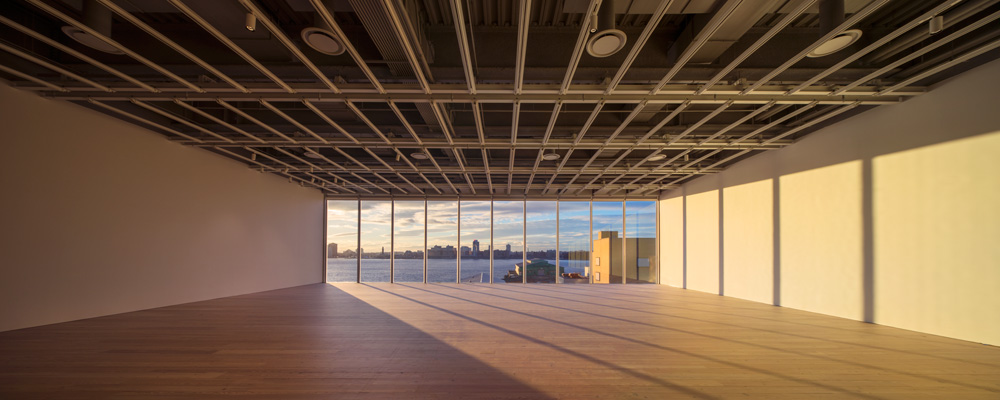
Whitney Museum, “Open Plan.” Photo: Nic Lehoux.
The new Whitney turns New York’s museum landscape on its head
The Whitney’s new home has turned out to be a solid investment. Its accessible location, panoramic city views and solid programming is breaking the dominance of the Metropolitan Museum and MoMA and is making it a three-horse race for the title of the city’s most popular museum. Although the Met and MoMA still attract more visitors, “Open Plan,” the institution’s invitational exhibition at its huge column-less fifth floor which featured Steve McQueen, Lucy Dodd, Michael Heizer and more, attracted an average 4,000 visitors to each of the five shows.
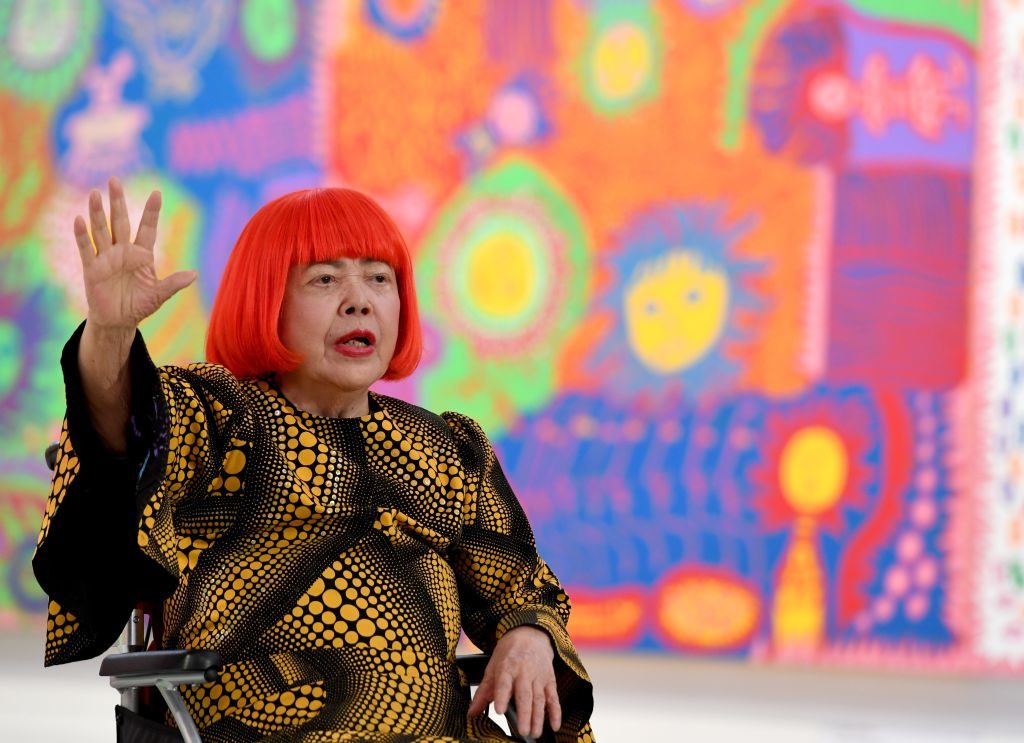
Japanese artist Yayoi Kusama. Photo: TOSHIFUMI KITAMURA/AFP/Getty Images.
Audiences are increasingly receptive to female artists
Exhibitions by women artists attracted large numbers of visitors across the globe, TAN found. In Spain the Guggenheim Bilbao’s Louise Bourgeois survey show welcomed 4,600 visitors a day. Meanwhile at Denmark’s Louisiana Museum, an exhibition of Yayoi Kusama’s polka dot infused wardrobe attracted 3,000 visitors a day.
In South America, 6,000 people a day saw Frida Kahlo’s exhibition at São Paulo’s Instituto Tomie Ohtake. But surprisingly, all of these big-name artists were surpassed by Australian sculptor Patricia Piccinini, whose sci-fi inspired work drew 8,300 visitors a day to Brazil’s CCBB, split between 5,200 a day to its space in Brasilia, and 3,100 a day to its branch in São Paulo.
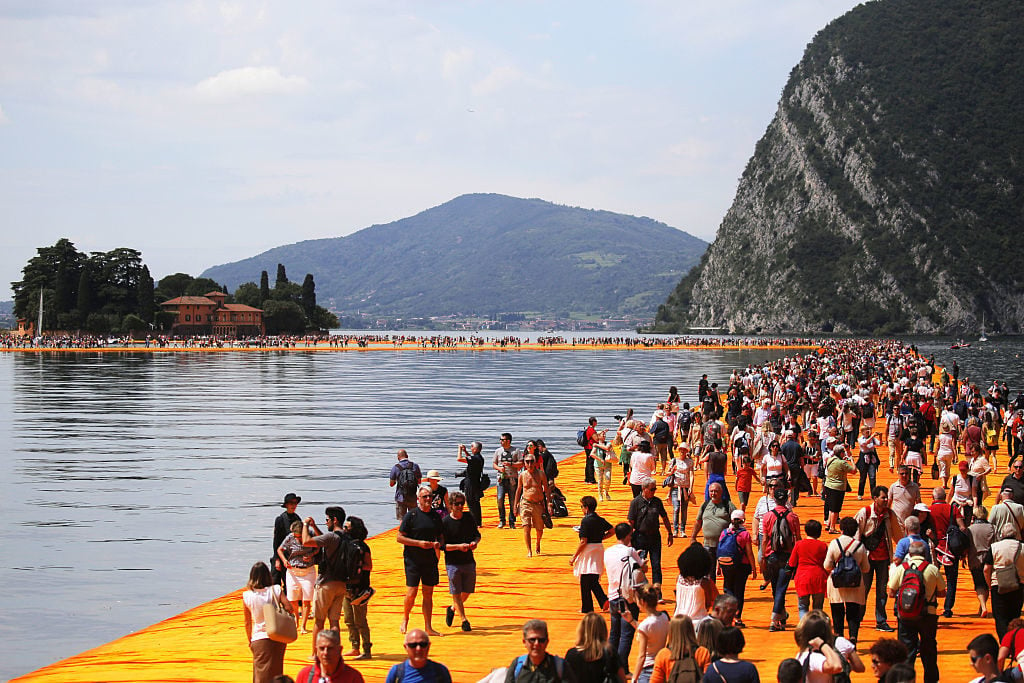
Visitor numbers to Christo’s <i>Floating Piers</i> (2016) overwhelmed local authorities. Photo: MARCO BERTORELLO/AFP/Getty Images.
Christo is the major winner of 2016
1.2 million people walked across Floating Piers, Christo’s 3-km bridge of pontoons covered in orange fabric over its 16-day duration, which works out at roughly 75,000 visitors a day and makes it the most-viewed artwork of the year.